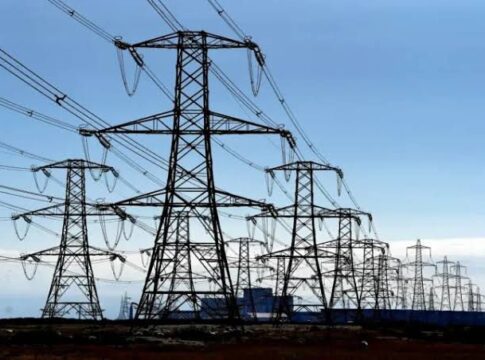Mozambique’s economic outlook for 2024 is dimming as post-election unrest and Cyclone Chido weigh heavily on growth prospects. The International Monetary Fund (IMF) projects the country’s growth will fall below its initial forecast of 4.3%, dealing a blow to businesses and livelihoods.
“Growth went from 4.5% in the second quarter to 3.7% in the third quarter, even before the protests began,” said Olamide Harrison, the IMF’s resident representative in Mozambique. The civil unrest, triggered by a disputed election, has paralyzed business operations, especially in mining, and disrupted key trade routes, further straining the economy.
The unrest followed the October election victory of ruling party candidate Daniel Chapo, which opposition parties claim was marred by irregularities. Protests have erupted across the nation, resulting in violence, loss of lives, and significant disruptions to economic activity.
READ MORE: West Africa Faces Historic Shift as ECOWAS Approves Exit of Niger, Mali, and Burkina Faso
The Constitutional Council is set to rule on the election’s validity on December 23. Civil society groups fear a decision upholding Frelimo’s victory could spark further unrest, potentially deepening Mozambique’s economic challenges.
Adding to the turmoil, Cyclone Chido wreaked havoc in northern Mozambique over the weekend, claiming at least 34 lives and displacing thousands. “Natural disasters like Cyclone Chido exacerbate an already fragile situation,” Harrison remarked.
Negotiations for a three-year IMF credit facility program have been delayed until the political situation stabilizes. “We’ll wait until a new government is in place before resuming talks,” Harrison said, acknowledging the difficulty of negotiating amidst political and social upheaval.
The IMF expressed its condolences for lives lost in the unrest and the cyclone, pledging to monitor developments closely. Despite the challenges, Harrison forecasted a modest rebound in 2025, contingent on political stability and effective recovery efforts.




